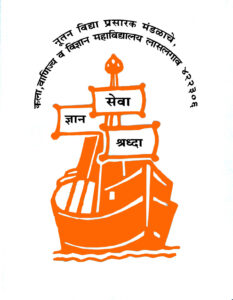PROGRAM OUTCOMES (PO’s):
After successful completion of this program, students will be able to:
| PO1 | Enhance their logical thinking and apply advanced mathematical concepts to solve complex problems. |
| PO2 | Formulate research questions, design experiments or investigations, collect and analyze data and present their findings in a clear and coherent manner. |
| PO3 | Apply advanced mathematical techniques or tools to analyze and solve challenging problems encountered in mathematics and related fields. |
| PO4 | Formulate mathematical models that represent real-world phenomena, analyze the models using mathematical methods and interpret the results to make informed decisions or predictions. |
| PO5 | Develop proficiency in utilizing computational tools, software and programming languages to aid in mathematical analysis, numerical simulations and data visualization. |
| PO6 | Present complex mathematical concepts, proofs and research findings to both technical and non-technical audiences. |
| PO7 | Develop a strong foundation for professional growth and life long learning in Mathematics. |
| PO8 | Acquire life long learning skills which will lead important to better opportunities and improve quality of life. |
| PO9 | Gain knowledge with the holistic and multidisciplinary approach across the fields. |
| PO10 | Analyzing the results critically and applying acquired knowledge to solve the problems. |
| PO11 | Be independent innovations and published it though research papers and projects. |
PROGRAM SPECIFIC OUTCOMES (PSO’s):
| PSO1 | Have a strong foundation for being research in mathematics. |
| PSO2 | Be able to apply mathematical skills for solving problems. |
| PSO3 | Atleast basic knowledge of programming and computational techniques as required for employment. |
| PSO4 | Capable to analyze the results critically and apply acquired knowledge to solve the problems. |
| PSO5 | Have atleast four different skills and capable to think and communicate in three different languages. |
| PSO6 | be able prepare the models for real life problems. |
